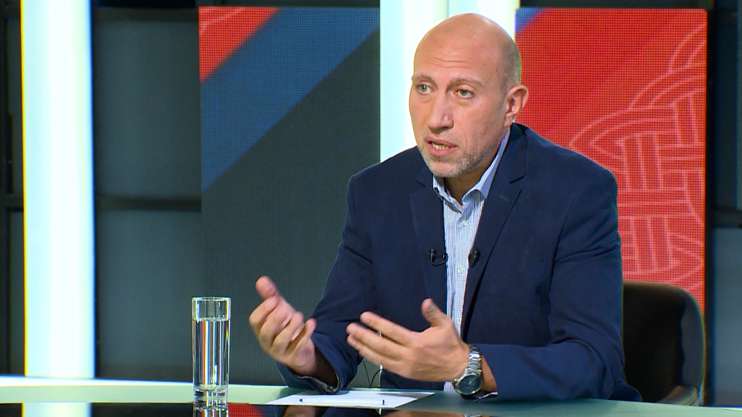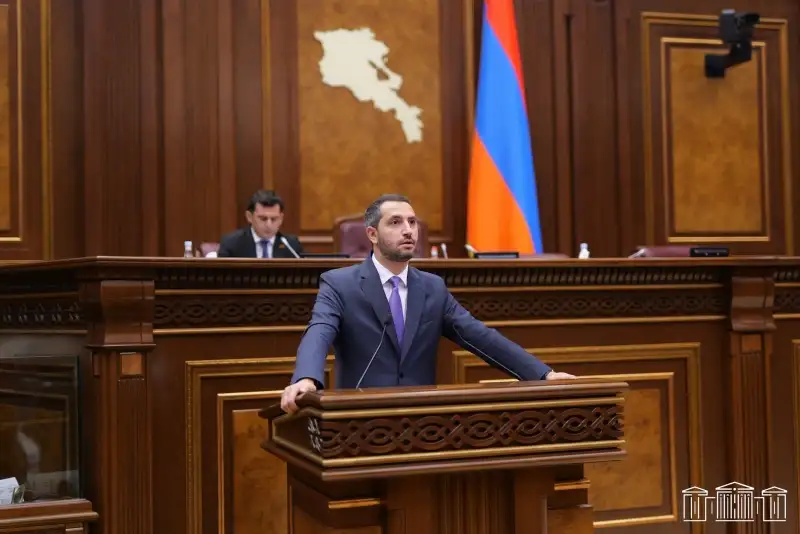Political commentator Hakob Badalyan wrote on his Facebook page:
"People who speak boldly and confidently about changing the foreign policy vector in today's world will also be equally bold and confident about being in the front row when paying the bloody price.
And that it will have a bloody price, there should be no doubt. Instead, one must question the success of that change, even if it comes at a bloody cost. In the case of those in whose direction we imagine a vector changing, that is not what they expect from us. The vector change will mean a difference in the primary responsibility, which means that the West should become responsible instead of Russia.
And what the West needs is not an emphasis on its responsibility but the opposite: a continuous overthrow of Russia's responsibility and a bloody overthrow.
The "alternative" was told to us very clearly: if you want security, you should agree with Turkey and Azerbaijan, and we will give you a free "room" to sit down and decide.
And now a question. Who has a much more excellent resource, opportunity, and tradition to make a more profitable agreement with Azerbaijan and Turkey than Armenia? Of course, Russia. A whose expense are these different time-distance arrangements? Of course, Armenia.
Naturally, the other counterargument arises: what to do? After all, these agreements happen one way or another; how can we get out of that trap if not by changing the vector?
Suppose we need more brainpower to develop other mechanisms and options. In that case, it still doesn't mean we can change the vector, especially in a world-war situation, sitting in front of a computer, not standing on the border.
This is not a post about fear but about prudence. Are we safe from new bloody rounds if we don't change the vector? Of course, no: The whole problem is that in terms of increasing our vitality and resilience, what we need to change is within us, starting from our intra-social relations up to the qualities and content of socio-political military institutions. Will our collective minds be enough to do it?
The critical question is this: because there is no doubt that our imagination will be enough to say whatever you say while sitting in front of the computer. To effectively do the hard work of internal qualities and institutional healing of the socio-political organism, we must minimize the motives and causes of acute reactions in the external field. Whatever the risk of that reaction."


















